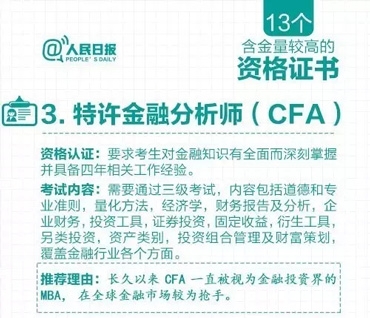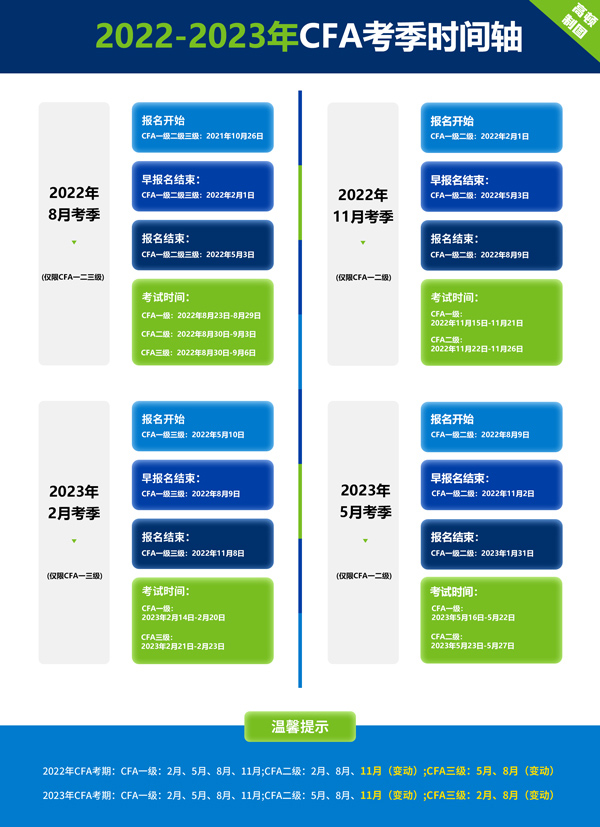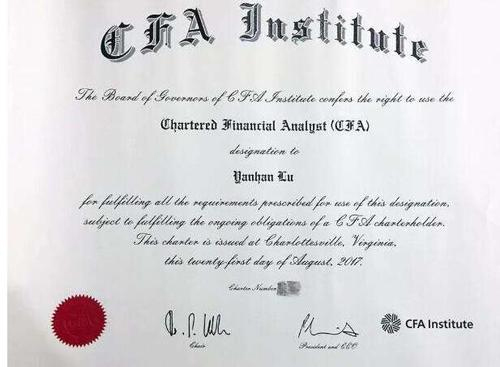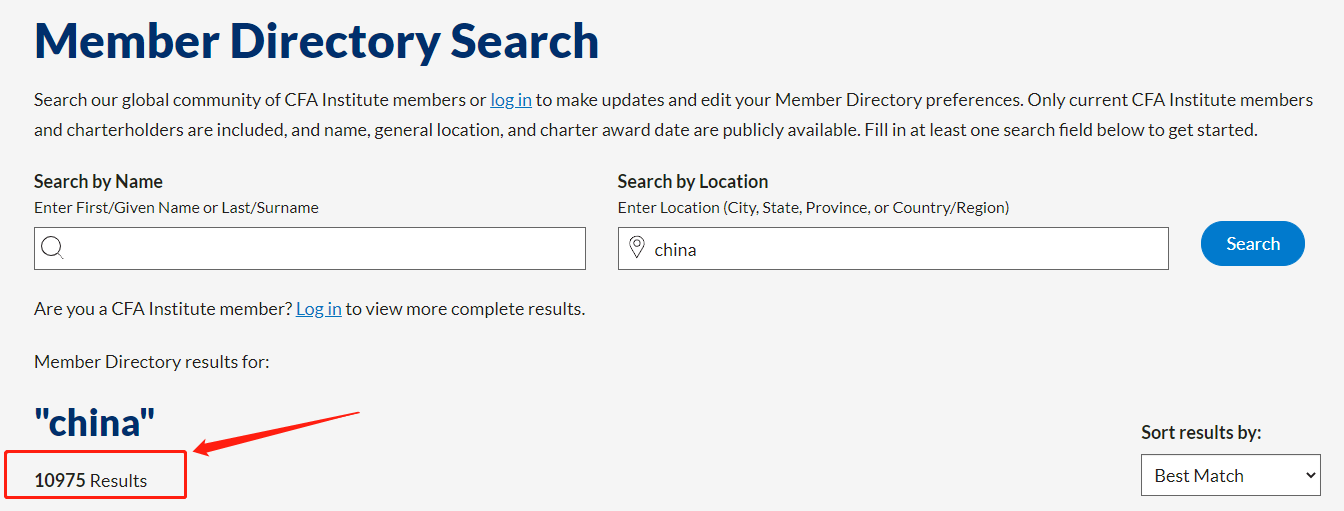
There are many book lovers at CFA Institute, and sometimes we talk about books that have influenced us, sparked an idea, or helped us gain understanding about something. Someone suggested we write down these lists for others, and colleagues have put up interesting book posts here, here, and here. Now it seems my number’s come up.
A list of my favorite investment books wouldn’t be particularly original, so instead here is an off-the-cuff list of books I have enjoyed, and which have also broadened my perspective and contributed to my understanding of the world, financial and otherwise.
 Capital Ideas: The Improbable Origins of Modern Wall Street by Peter L. Bernstein
Capital Ideas: The Improbable Origins of Modern Wall Street by Peter L. Bernstein
Peter Bernstein’s many contributions to the financial canon are too numerous to explore in this post (though here’s another example), but I must note that I consider it one of the great privileges of my career to have worked with Peter and his wife Barbara several times over his final years. His book Capital Ideas traces, and puts human faces on, the evolution of financial theory, and in my opinion is indispensable background for anyone working in investment-related businesses.
 The Big Short: Inside the Doomsday Machine by Michael Lewis
The Big Short: Inside the Doomsday Machine by Michael Lewis
A brilliantly entertaining story that illustrates the roots of the financial crisis in a way that is accessible to non-finance people, and infuriating to anyone with common sense and a notion of fairness. Lewis brings life to the characters and reduces complex financial concepts to their easily understood essence in a way that helps us understand the US housing bubble, and its subsequent collapse which sent shockwaves around the world. In 2011 I recommended The Big Short to my sister, a biologist in Dillon, Montana, and it apparently made quite a hit at her book club.
 Money of the Mind: Borrowing and Lending in America from the Civil War to Michael Milken by Jim Grant
Money of the Mind: Borrowing and Lending in America from the Civil War to Michael Milken by Jim Grant
Credit makes the world go ‘round, and can just as easily make it stop, as we have learned all too recently. It’s a shame so many people in finance are ignorant of its fascinating history, which I think contains lessons of potential relevance today. If you are one of those people, Jim Grant’s Money of the Mind will go a long way towards curing you.
 The Battle of Bretton Woods: John Maynard Keynes, Harry Dexter White, and the Making of a New World Order by Benn Steil
The Battle of Bretton Woods: John Maynard Keynes, Harry Dexter White, and the Making of a New World Order by Benn Steil
A few years ago it didn’t seem important to understand the roots of the post-war global monetary system. We just took it for granted and went about our business. But we’re now in a financial age in which “dollar hegemony” is a debatable topic for financial TV, and the actions of the International Monetary Fund (IMF), whether we like it or not, are apparently essential to the survival of the European banking system. In this context, maybe it’s a good idea to seek better understanding of how we have come to live under the monetary system we live with today. Benn Steil’s interesting history of the first Bretton Woods conference is a detailed account of the personalities and thinking that were its very foundation, and resulted in the creation of the World Bank, the IMF, and the dollar-based system that has persisted, in various forms, ever since.
 The Behavior Gap: Simple Ways to Stop Doing Dumb Things with Money by Carl Richards
The Behavior Gap: Simple Ways to Stop Doing Dumb Things with Money by Carl Richards
Financial literacy is important but even the financially literate sometimes do nonsensical things with money, often because emotion clouds our judgment or gets in the way of smart financial decisions. The difference between what we should do and what we actually do is what Carl Richards, author of the New York Times “Sketch Guy” column, calls “the behavior gap.” If you know someone who struggles with decisions about money, you might recommend this approachable, entertaining, and extremely well-illustrated book about everyday financial decision making and personal investing. (Carl spoke about the behavior gap at the Wealth Management 2013 conference and will deliver the keynote address at the 67th Annual Conference).
 Modern Times: The World from the Twenties to the Nineties by Paul Johnson
Modern Times: The World from the Twenties to the Nineties by Paul Johnson
In my final semester at the Stern School I took an economics lecture course from Dr. Robert Kavesh, a legendary professor who had been at NYU for decades, and who had deep wells of knowledge and opinion to convey to his students. I can’t recall its catalog name but the course was known among the students as “The World According to Dr. Bob” for it was a weekly wide ranging lecture on economics, geopolitics, and culture. Modern Times was the core reading for the course and reading it changed the way I think about the world. (It’s been recently revised and I believe holds up in the absence of accompanying lectures).
 The Dilbert Principle by Scott Adams
The Dilbert Principle by Scott Adams
The thing you may not realize as a young analyst or investor is how much of your work experience over the course of your career is likely to be organizational. In The Dilbert Principle, cartoonist Scott Adams reminds us in hilarious fashion to use common sense within our own organizations, and to try to be part of the solution and not part of the problem.
 Olivier de Clisson and Political Society in France under Charles V and Charles VI by John Bell Henneman
Olivier de Clisson and Political Society in France under Charles V and Charles VI by John Bell Henneman
I acknowledge bias in my final recommendation, as well as regret that I did not inherit the author’s remarkable ability to read and comprehend 120 pages an hour. In his 1996 biography of French noble Olivier de Clisson, my father continued his exploration of the political economy of 14th century France, one of his life’s passions. Its lessons for the modern reader might not be obviously apparent, but its depiction of the financial challenges facing the French nobility, in the wake of the Black Death and decades of war, helps illustrate the importance of political stability and well-functioning finance to civil society, both in 14th Century France and in our own time. It also shows us how bringing an army home from war, to a country without economic opportunity for returning soldiers, can be a recipe for disaster




 杂志刊文
杂志刊文
 发布时间:2013-10-09
发布时间:2013-10-09


 复制本文链接
复制本文链接 模拟题库
模拟题库

 221267
221267


























